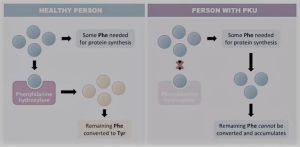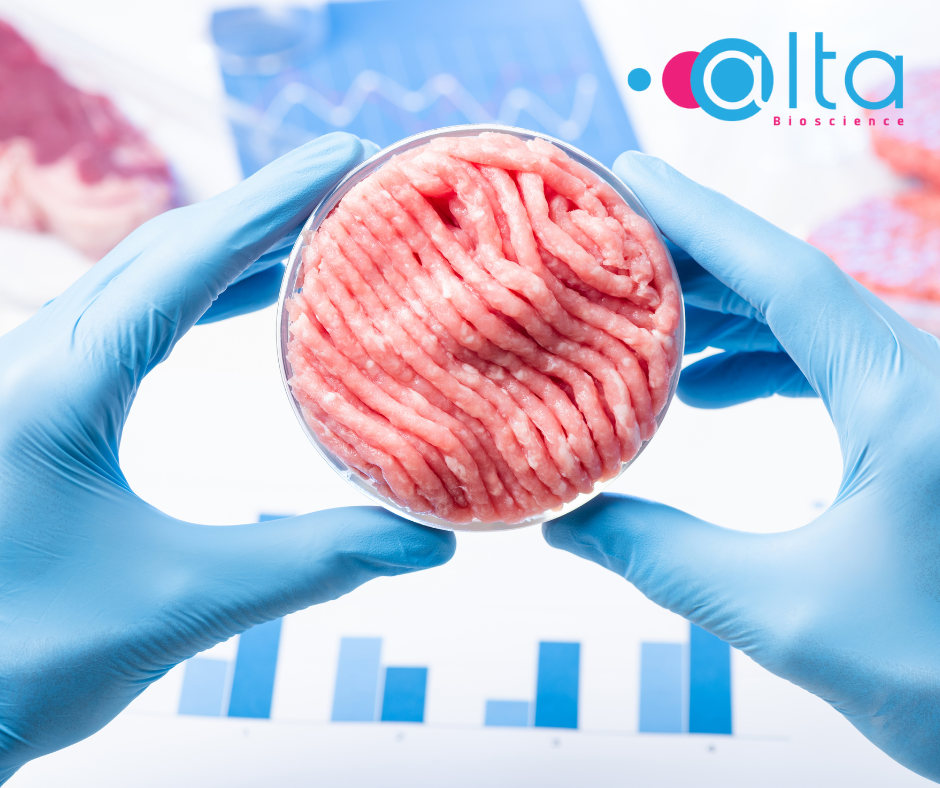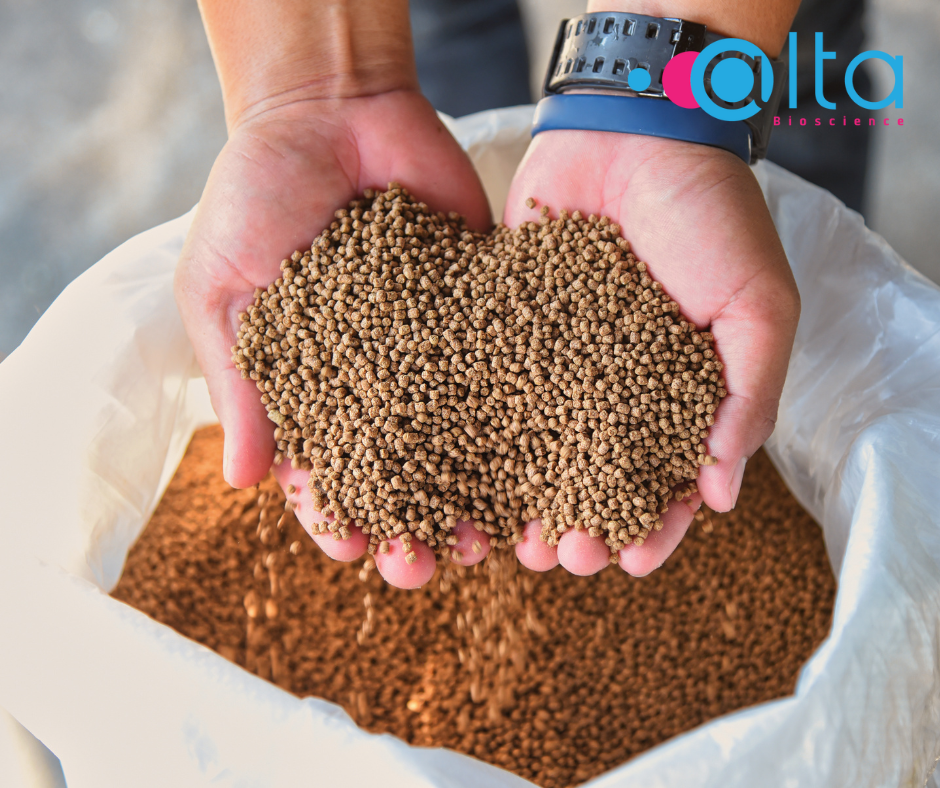Measuring phenylalanine content in food, drink and medicinal products
Following a low-protein specialist diet is a necessary requirement for many, and the analysis of food and drink to ensure low protein content is essential, especially for those diagnosed with phenylketonuria (PKU). In this disorder, large amounts of the amino acid phenylalanine build up in the body instead of being broken down. As phenylalanine is an amino acid found in virtually all foods containing protein, a specialist low-protein diet is required.
Phenylalanine labelling of food and drink beverages is essential to alert people with the rare inherited condition known as phenylketonuria (PKU). With this condition, the amino acid phenylalanine cannot be metabolised and may build up to toxic levels in the brain. This can lead to serious and irreversible brain damage. Testing for PKU takes place shortly after birth. If diagnosed, treatment involves a low-protein diet along with the consumption of prescribed dietary products to ensure adequate nutrition.

As well as being found in foods that naturally contain protein, phenylalanine is also found in aspartame, an artificial sweetener. Aspartame is found in many products as a sugar substitute, including diet drinks and some medicines. All food and medicines that contain aspartame MUST be labelled to alert people with special dietary requirements.
What is the purpose of phenylalanine?
Phenylalanine is found in all foods that contain protein. It is essential for growth, repair and maintenance of the body, so it cannot be removed from the diet completely. For people with special dietary requirements, such as those diagnosed with PKU, small, measured amounts are required, making accurate quantification of food and drink essential.
Methods we use for measuring phenylalanine content
Our method of post-column detection avoids the potential for overestimation of protein reported with other analysis techniques. This technique also allows us to analyse phenylalanine content without interference from the sample matrix, allowing us to accurately quantify very low levels of phenylalanine, making it ideal for analysing food and drinks for those requiring a low-protein diet.
Details about PKU can be found at www.pku.com and at www.nspku.org.
For information on testing any products for phenylalanine or low-protein content or for information on any of our other amino acid analysis services, please request a quotation or get in touch.



